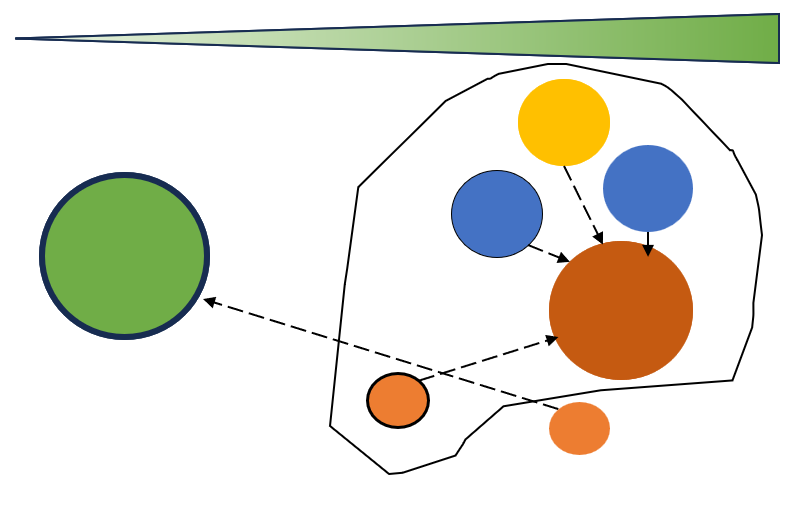cross-posted from: https://lemmy.ca/post/12225991
TL;DR: The common view on Meta’s Threads is that it will be either all good or all bad, leading to oversimplified and at the end contra productive propositions like the Fedipact. But in reality, it’s behaviour will most likely change dynamically over time, and therefore, to prevent us getting in a position, in which Threads can actually perform EEE on us, we need to adapt a dynamic strategy as well.



Enshittification is what happens when companies have to really start making money. They often lose money in the race to build up a strong userbase. Once they have that, they start ruining the experience by showing too many ads and/or charging for access. Facebook isn’t going to invest in federation if it doesn’t have a very solid plan, devised by a huge team of well-paid professionals, to protect and grow its profit margin. Anything they touch will enshittify eventually.
Mmmh, you could be right there.
Ok, but you have still the other competitors. And even if you count them out, there will always be instances that federate with Threads. That’s how the Fediverse works. Yes you can do coordinated actions, but only to a point. For letting Threads enshitificate, you would need an air-tight wall from Threads to all other instances and that’s not possible.
Yup, that is how it works, and how Facebook will exploit that openness. I only hope that more people will come around to my point of view and refuse to engage with hostile networks like Facebook.
Ok, so we have come to a conclusion here. That’s fine. What I’m not sure about is whether these two standpoints will complement each other in some way or work against each other in the future.
I at least will take some interesting points away from this.